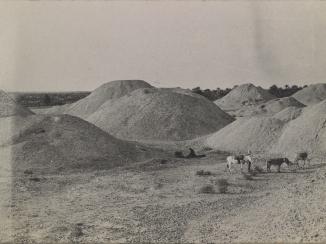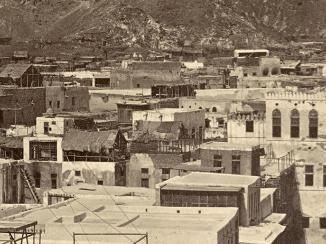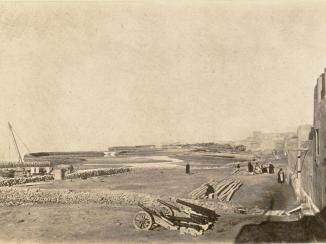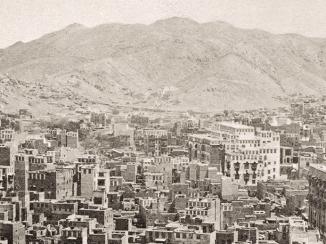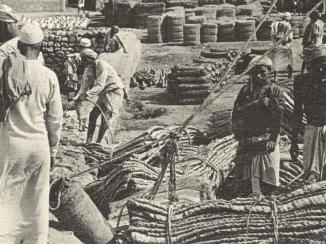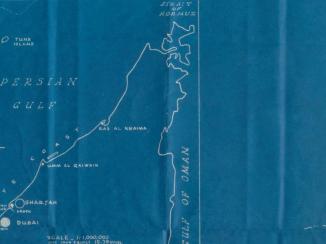Overview
Baluchistan (or Balochistan) is a historic region of the Asian subcontinent, comprised of parts of western Pakistan, eastern Iran and southwest Afghanistan. Makran is the southernmost area of Baluchistan. It is a coastal strip adjoining the Arabian Sea, and is characterised by mountains and arid desert plains. Makran’s principal town is the port of Gwadar.
A sparsely inhabited and hostile region, few other regional or global powers have contested or claimed Makran. Gwadar itself was first occupied by the Portuguese in the sixteenth century, and was an enclave of the Sultanate of Muscat between 1784 and 1958.
Britain administered much of Baluchistan from 1839, in the wake of the First Afghan War, helping to create a geographical buffer between its most-prized possession, India, and Russia, her main imperial rival on the Asian subcontinent. Gwadar had economic significance as a fishing port, and its coastal position made it an important staging post on the sea route between India and the Gulf.
Makran assumed greater strategic importance to Britain in the 1860s, with the construction of the Indo-European telegraph line along its coast. In 1863, the British Government posted a European Assistant Political Agent A mid-ranking political representative (equivalent to a Consul) from the diplomatic corps of the Government of India or one of its subordinate provincial governments, in charge of a Political Agency. to Gwadar. Historically, Makran’s inhabitants relied chiefly on fishing for their livelihoods. However, poverty, compounded by natural disasters such as earthquakes and famine, forced many Makranis to migrate to Arabia and India for work.
After Indian independence, Baluchistan was divided between the present-day nation states of Pakistan, Iran and Afghanistan. Oman sold its enclave of Gwadar to Pakistan in 1957.
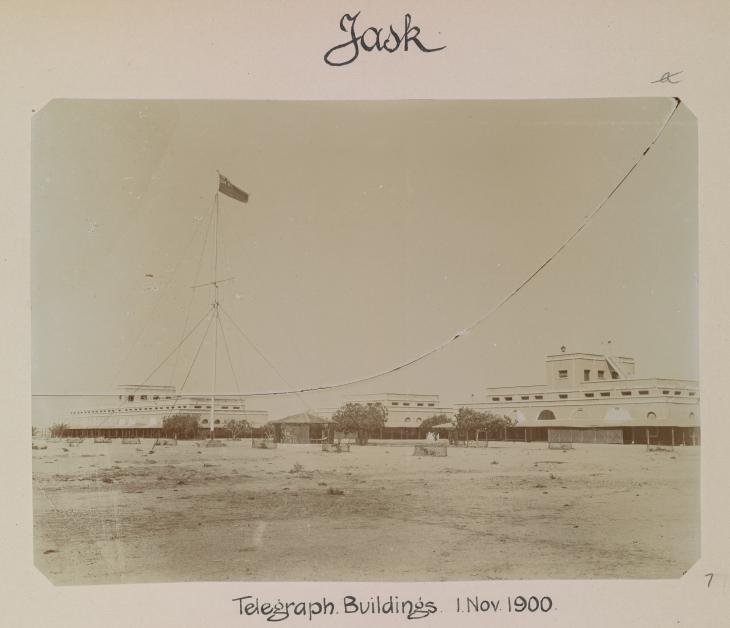
Key moments from Makran’s history in the India Office Records include
- 1857–61: Proposals for the extension of the telegraph line to Karachi (IOR/R/15/1/145)
- 1910s: Oil exploration in Makran (IOR/R/15/1/378)
- 1929: Violence in Gwadar between the Khojis and Baluchis (IOR/R/15/1/379)
- 1940s: British attempts to cede Gwadar to the Kalat State (IOR/R/15/1/381)

